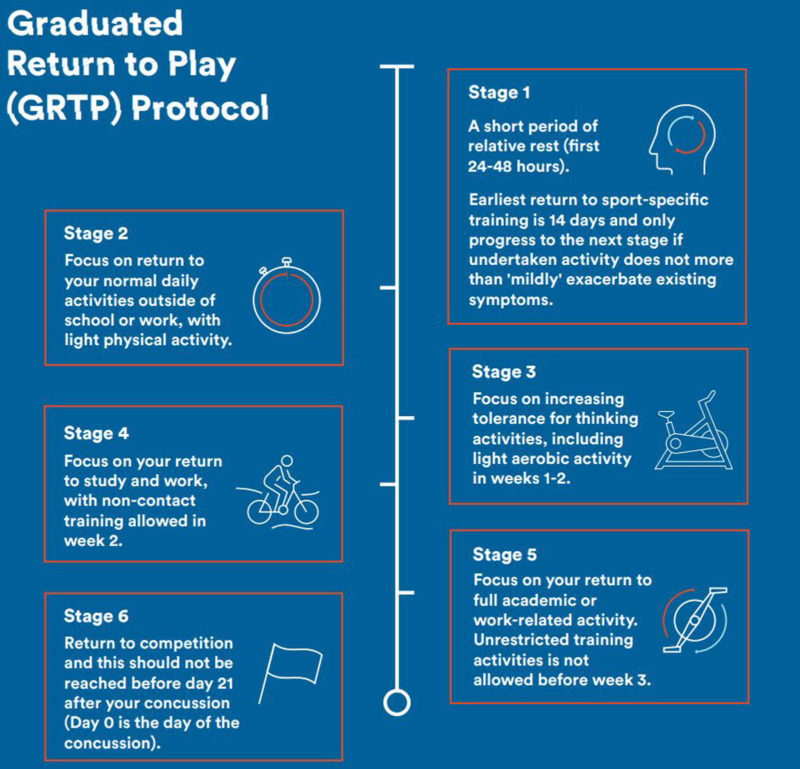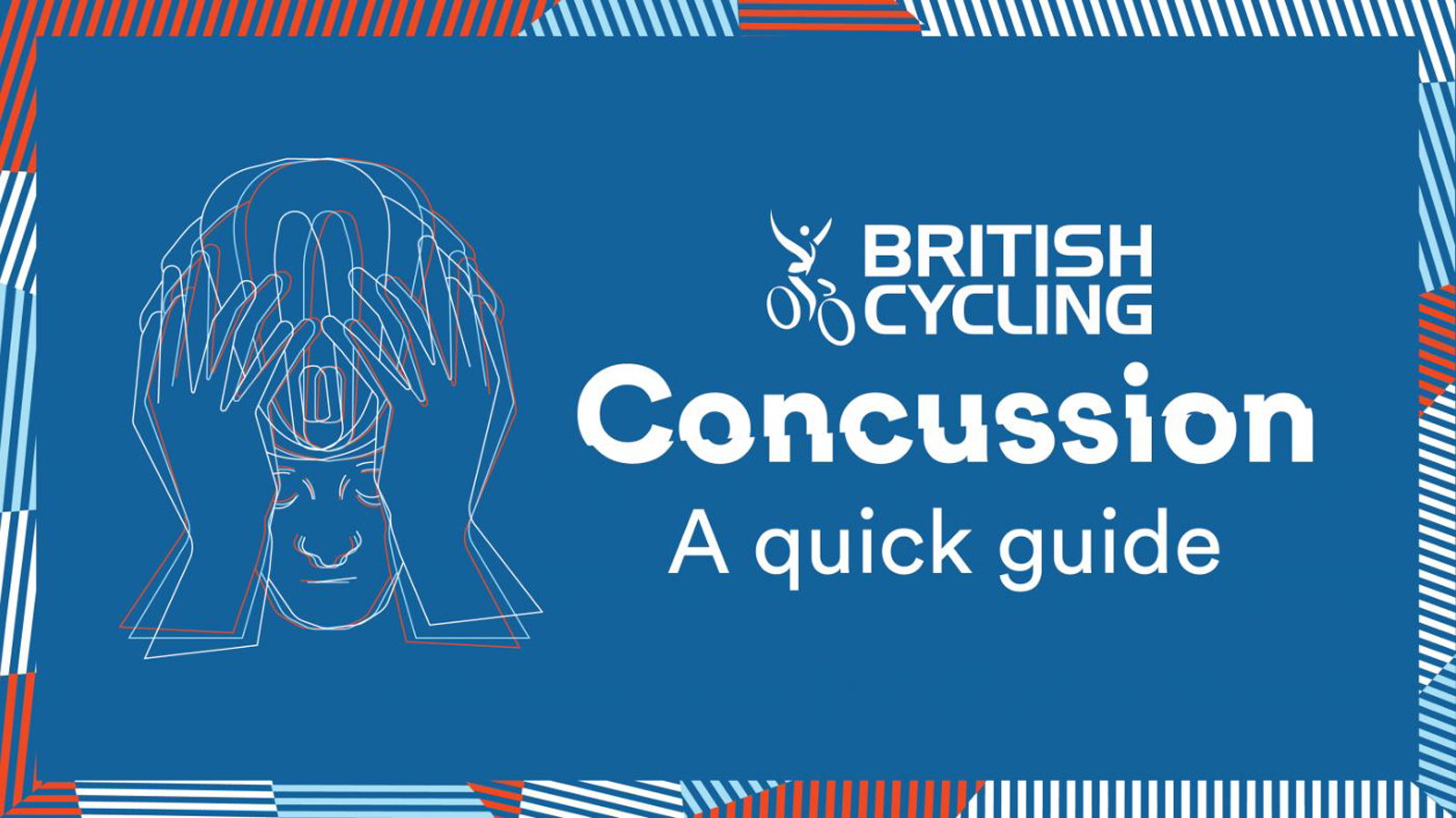If In Doubt, Sit Them Out: That’s the take home message in British Cycling’s Concussion Guidance that was released last week. For the first time in its history, the governing body has published comprehensive guidance on how to manage riders with a suspected concussion; it comes as British Cycling’s technical regulations are amended to give power to commissaries and referees to withdraw a rider from an event if they believe that their participation would affect the safety of that rider or others.
British Cycling’s Concussion Guidance: If In Doubt, Sit Them Out
The Great Britain Cycling Team has of course had its own concussion protocol for use in UCI international events for many years, a protocol we are told has been adopted by many other national federations over the years. However, last week’s publication of British Cycling’s Concussion Guidance is the first time the governing body has formally rolled out such advice to the general cycling public, encouraging organizers of grassroots events to increase their awareness of the issue.
The person behind British Cycling Concussion Guidance, Dr Nigel Jones, actually supported the development of the UCI’s first policy on the matter. Here, he speaks on the common myths surrounding concussions, and the signs and symptoms of brain injury that riders, commissaries, referees, and anyone involved in the sport should be made aware of.
The basis of the guidance is “If In Doubt, Sit Them Out”. It specifically recommends that those sustaining a suspected concussion be immediately removed from cycling activity until appropriate treatment has been administered, and should not ride again that same day. In line with the Graduated Return to Play protocol, those who experience concussion symptoms – however mild – should follow a progressive programme back to full activity and should not return to competition for at least 21 days.

To make the new guidance easier to consume, British Cycling has created a Free E-Learning Module, and an Infographic Poster for event organisers, coaches and clubs. The guidance in its entirety can be accessed here.

